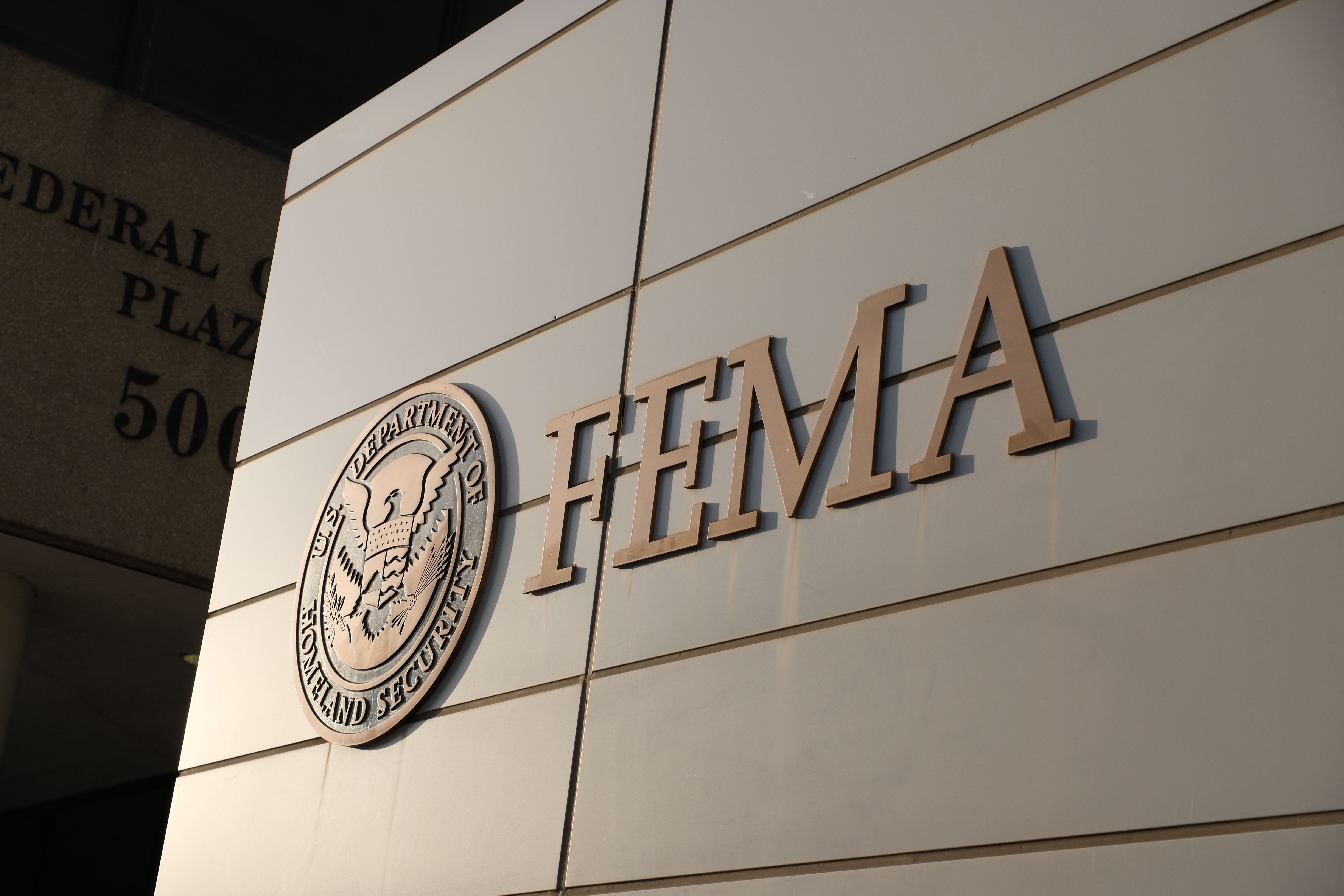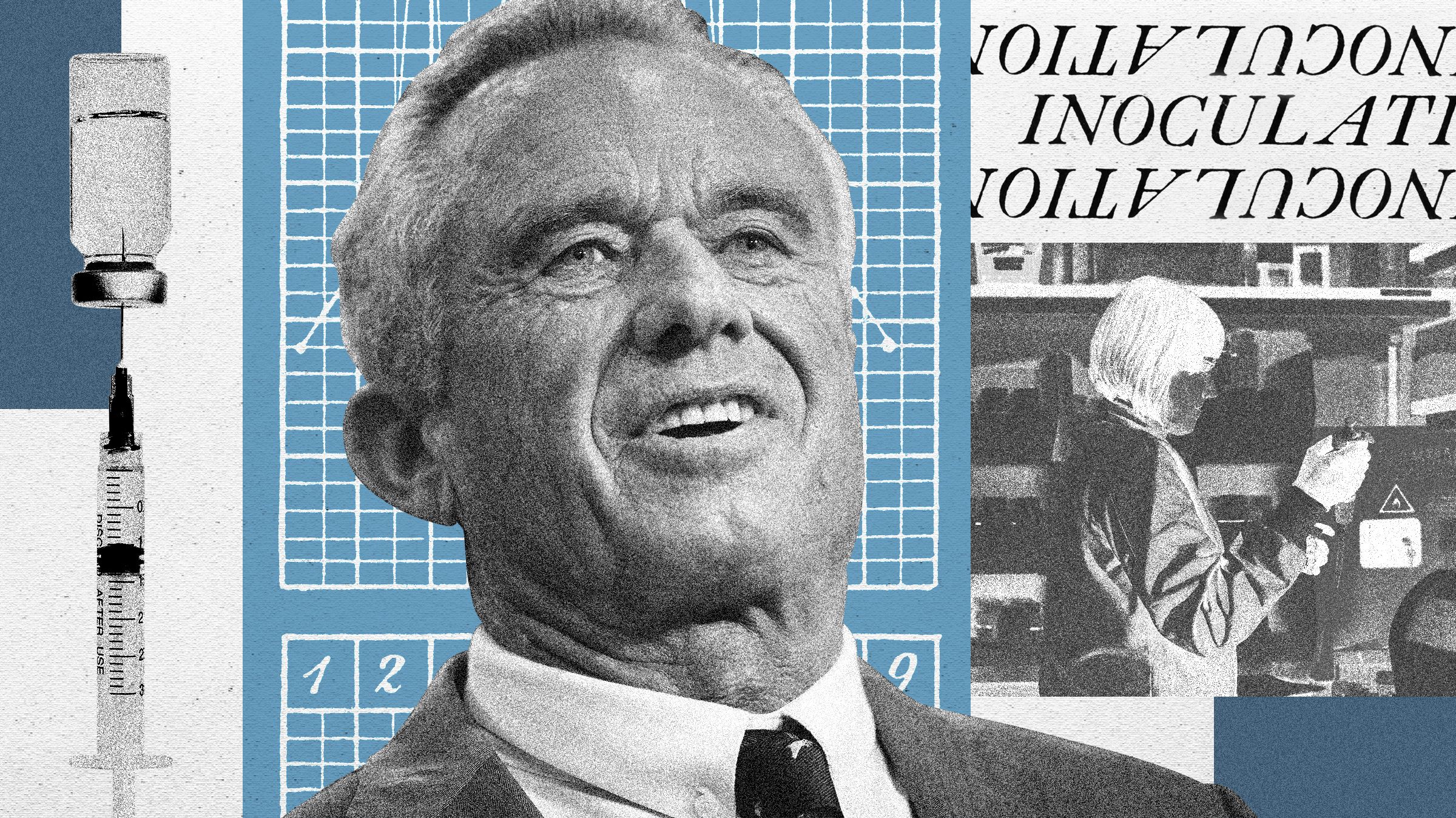RFK Jr. Is Supporting mRNA Research—Just Not for Vaccines
Robert F. Kennedy Jr., an environmental attorney and prominent anti-vaccine activist, has recently announced his support for mRNA research, but with a twist.
In a surprising move, Kennedy’s organization, Children’s Health Defense, has pledged a significant amount of funding towards mRNA research, particularly in the field of cancer treatment.
This announcement has sparked controversy within the scientific community, as many are questioning Kennedy’s motives and whether this move is an attempt to garner more support for his anti-vaccine stance.
However, Kennedy maintains that his support for mRNA research is solely focused on its potential benefits in treating various diseases, including cancer, and not in relation to vaccines.
While mRNA technology has shown promise in revolutionizing the way we approach healthcare, its association with COVID-19 vaccines has led to widespread skepticism and misinformation.
Kennedy’s decision to support mRNA research for cancer treatment highlights the complexity of the ongoing debate surrounding vaccines and the need for a nuanced approach to discussing scientific advancements.
As the debate rages on, it is important to recognize that not all applications of mRNA technology are related to vaccines, and that continued research in this field could lead to groundbreaking advancements in medical treatment.
Whether or not Kennedy’s support for mRNA research will change public opinion on vaccines remains to be seen, but his decision has certainly brought attention to the potential of this innovative technology in healthcare.
Ultimately, the future of mRNA research and its applications will depend on a collaborative effort between scientists, policymakers, and the public to ensure that its benefits are fully realized.






More Stories
FEMA Now Requires Disaster Victims to Have an Email Address
This Might Be the Most Massive Black Hole Ever Discovered
US Coast Guard Report on Titan Submersible Implosion Singles Out OceanGate CEO Stockton Rush